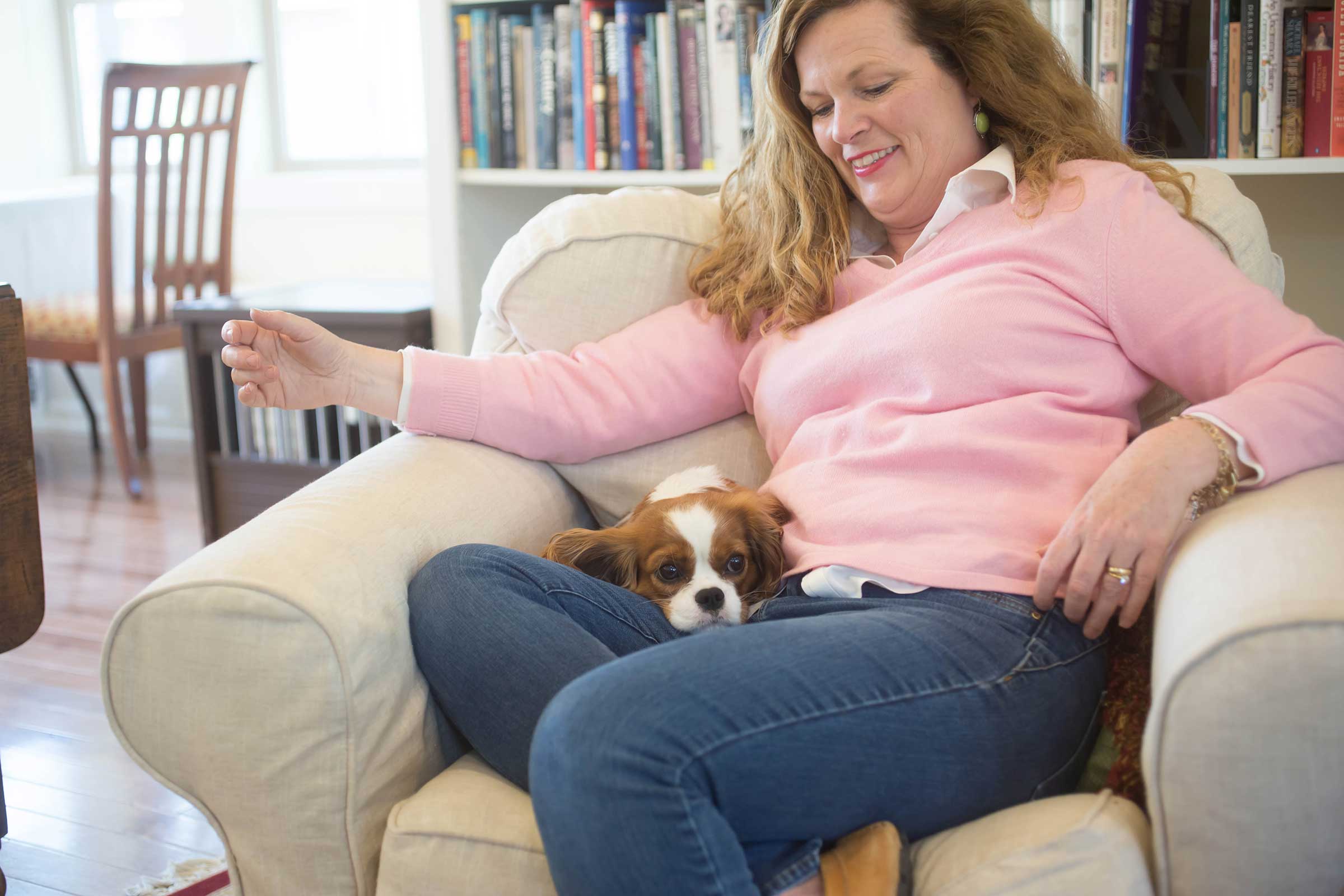This post may contain affiliate links. Full disclosure policy
THIS POST MAY CONTAIN REFERRAL LINKS. IF YOU CLICK THROUGH AND TAKE ACTION, I MAY BE COMPENSATED, AT NO ADDITIONAL COST TO YOU.
My most recent novel, Just In Time, hits the shelves of bookstores today!
Chapter One
One night after work, just a few months after I moved to Portland, I went into the bistro near my office for a bite to eat. I was sitting at the bar because it felt less conspicuous. The bartender and I struck up a conversation and a few minutes into it, he handed me a flyer for a grief support group. Apparently, he kept it and a supply of similarly helpful publications stowed next to the highball glasses. Bartenders and social workers have a lot in common, he said.
I’ve never been a joiner. The idea of sharing my problems with a roomful of strangers made my pulse race and my hands feel clammy. But I knew I couldn’t go on like I had been. I mean, if a bartender can peg your problems after one glass of crummy house chardonnay and ten minutes of awkward conversation, so can everybody else. And maybe I wouldn’t have to talk. Maybe I could just listen. It couldn’t hurt to try, right?
But when I got to the community center, I knew it wasn’t going to work. The members of the group were all women, all widows. Definitely not a club I was interested in joining. And apart from two people, including a woman with frizzy brown hair that kept falling into her eyes and who kept twitching and fidgeting in her seat, as if she was having a hard time sitting still, seventy was a fond but distant memory in the minds of the other participants. The room was filled by the sounds of sniffling, and the odor of White Diamonds perfume was so strong it almost made my eyes water.
The other woman I couldn’t help but notice was older but somehow not, the kind of woman who seems comfortable with her age and herself at any age. Her shoulder-length hair was a halo of curls around her head, a sandy blond color interspersed with threads of silver white. Her eyes were big and brown, and her gaze was very direct. Something about that made me feel like she saw things other people missed. Her clothes intrigued me too. I’ve always appreciated people who have a unique sense of style. I’d seen her blue and white skirt on sale recently, but I was pretty sure that her denim jacket, embroidered with birds and flowers, was done by hand. The fact that she’d paired it with red sneakers made me think she had a good sense of humor and didn’t take herself too seriously.
She seemed to be with the group, smiling warmly at many of the white-haired women, but not of it. She quietly made the rounds with her dog, a tail-thumping golden retriever who rested her muzzle in the laps of weeping participants, gazing intently until they started to stroke her silky head, smile wetly, and calm down, at which point she would move on to a new, more distraught participant.
Still, there was a lot of crying going on and it made me uncomfortable. During the bathroom break, I got up and quietly left. I was standing in the parking lot, about to unlock my car, when I heard a voice.
“Sneaking off?”
The woman with the frizzy hair was leaning against the hood of the red PT Cruiser parked next to me. Even though she was wearing a pair of thick-heeled clogs, shoes designed for comfort rather than fashion, she stood only a couple of inches over five feet. But somehow she seemed taller, partly because of her voice—big and brassy—but also because of her face. She had one of the most expressive faces I’d ever seen; every thought or opinion she had was telegraphed through her eyes, lips, nose, cheeks, and especially her eyebrows, dark brown and bristling, capable of moving in ways I’d never seen eyebrows move be- fore. I remember thinking that in the days of silent films, she’d have been a star.
She pulled a pack of cigarettes from her purse.
“It’s not the right group for me,” I said, answering her question. She didn’t say anything, just lit her cigarette and stared at me. “I’m not a widow,” I explained.
“I am. But it’s not the right group for me either.”
She took a long draw, making the cigarette tip glow orange and puffing out her cheeks. It didn’t look like she was inhaling.
“It’s a grief support group, which is fine. But I’m not feeling particularly grieved. Pissed off, but not grieved. You’d think that in the whole city of Portland, there’d be at least one support group for the pissed-off widows of cheating husbands. I mean, I can’t be the only one, right?”
She blew out a long column of smoke and looked me up and down, eyebrows twitching and working, assessing me as if I were a dress she was thinking about trying on.
“You’re not pissed off, are you?” She frowned. “No, you’re sad. Really sad. I’m sorry.”
Portland is not like the small town in Minnesota where I grew up. It’s a city that takes pride in diversity and “keeping Portland weird,” so this was far from the first strange conversation I’d had since coming here. Two days before, a homeless woman who had recently taken up residence between two concrete planters a block from my apartment stopped me as I was getting into my car and asked, politely but with the same kind of grave intensity you might use to ask someone if they believed in life after death, if I had a Twinkie in my purse. A week before that, a man with pupils as big and shiny as black marbles, wearing a tattered blue beach towel draped around his shoulders, like the cape of a superhero who had escaped a methadone clinic, clutched my sleeve to ask if I was human or android.
For a girl who grew up in rural Minnesota, those kinds of ex- changes were unnerving, but I was starting to get used to them. But those people had been glassy-eyed, high as kites, and so they were easier to dismiss. This conversation was somehow more disturbing because the woman was both sober as a saint and weirdly insightful.
She took another pull on her cigarette. This time she deliberately drew the smoke into her lungs. Instantly, her face turned red and she started hacking so hard her eyes watered.
“Are you okay?”
She didn’t look okay. Should I pound her on the back? Call 911?
“I hate these things,” she rasped after she finally quit coughing. “I’ve been trying to learn to smoke, but it just isn’t working out.”
Really? Apart from addlebrained adolescents trying to impress their friends, who wants to take up smoking?
“I know,” she sighed, rightly reading my expression. “But every day I wake up feeling like I want to punch somebody in the face. The Paxil my doctor prescribed made me gain weight. I thought cigarettes would be better.” She flicked the cigarette from her fingers and ground it out under her shoe. “This was a stupid idea.”
As I stood there, trying to figure out if I should say something besides, “Well. Okay, then. Good night, Crazy Lady,” I heard the chirp of a keyless car remote. The taillights of an SUV in the next row flashed. The woman with the red sneakers and embroidered jacket was walking toward us, her dog, now leash- less, padded alongside her.
“Smoke break? Or did you just have enough?” She thrust out her hand. “I’m Nan Wilja. This is Blixen.”
The retriever thumped her tail against my fender and looked up as if to say hello, her tongue lolling out of her mouth.
“Grace Saunders,” I said, taking her hand.
The lady with the frizzy hair pushed it out of her eyes and reached down to scratch Blixen’s ear. “I’m Monica Romano.”
“What were you two doing in there?” Nan asked. “Pilates meets in the same room on Tuesdays. I thought maybe you got the nights mixed up. Or you got lost.”
“I saw a flyer pinned to the bulletin board at the drugstore and I thought, you know, maybe I’d give it a shot.” Monica ducked her head, looking a bit sheepish. “It wasn’t what I thought it would be. Maybe I should try a drum circle?”
“Hmmm,” Nan murmured, which is what I later learned she did when she disagreed but was trying to be supportive. Nan says “hmmm” a lot.
“I heard you say something about being angry,” Nan said. “But not grieving?”
“Not. At. All.” Monica fumbled with the flap on her purse, as if she was thinking about getting another cigarette. “My husband was killed in a boating accident eight months ago. His girlfriend was driving the boat.”
“Ouch.” Nan winced. “I’d be mad too. And you?” She turned toward me. “Were you lost? Or did you show up on purpose?”
“On purpose, I guess. But it’s not the group for me. I’m not a widow.”
“But you are grieving.”
The way Nan said it, as a statement instead of a question and so directly, caught me off guard, the same way that Monica’s comment about me being sad had done. What was it about this place? Were people in Portland just unusually perceptive? Or had my expression become unusually transparent?
“It’s complicated.”
“It’s complicated” is shorthand for “I don’t want to talk about this.” Most people get that and will either leave it there, change the subject, or remember they’re late for an appointment. Not Nan.
“Hmmm. Grief comes in all kinds of forms, doesn’t it? Blixen and I have had quite a bit of experience there. She’s a therapy dog. We visit hospitals, nursing homes, that kind of thing.
“I’m a widow. My husband was killed in a private plane crash twenty years ago. The facilitator called me because she’s worried that some of these women have been with her for years and aren’t making any progress. She thought Blixen might be able to comfort some of them.” She looked down at the dog, returning her adoring gaze.
“Well, I think she did,” I said, and patted the dog on the head. Nan looked up with a brilliant smile, her face glowing like a proud mother whose child has just received an enormous compliment.
“Would you two like to come over to my house for a cup of tea?” she asked, then quickly added, “I know, I know. It’s sudden. And I’m a stranger. I could be crazy, a complete nut job. But trust me, I’m not. Not very.” She smiled. “I just thought that . . . well, you’re looking for somebody to talk to. I’m a good listener. You don’t fit in with this bunch,” she said, tilting her head toward illuminated windows of the big community room, where the white-haired circle was still in session. “But I have a feeling you might have a tough time finding a place where you do belong. Neither of you quite fits the mold, do you?
“I’m running a little short of human companionship myself these days. Blixen has many fine qualities, but she’s not the world’s best conversationalist. Maybe we can be our own support group?”
I didn’t know what to say. Yes, she seemed nice, a caring, insightful, and possibly quite wise woman who liked to help, but how did I know? Denials aside, Nan could have been crazy. And if she wasn’t, maybe Monica was. The signs certainly pointed in that direction.
“Gee . . .” I said slowly. “That’s nice of you. But—”
“I have peach turnovers,” Nan said. “And homemade vanilla ice cream.”
Monica’s hand shot up. “Yes, please.” She turned to me. “You in?”
I knew I should say no. Even if they weren’t crazy, they were definitely weird, not like anybody I knew back home. But I wasn’t back home. I didn’t have any friends in Portland, not one.
“The turnovers are homemade too,” Nan said, adding an extra incentive. “Fresh-baked this morning.”
My stomach growled, making up my mind for me, as it so often does.
“Is it far? I don’t know my way around very well yet.”
“Even if you did, you’d never find it,” Nan laughed. “But you can follow me. I’ll drive slow.”
And I did. I got in my car and followed Nan home, which is so unlike me. But that night I forgot to be cautious, sensible, or shy. And it saved me.
I mean it. It saved me. They saved me. Who could have imagined? Not me. Not then. But the thing is, sometimes you don’t know you’re going down for the third time until somebody pulls you into the boat.



